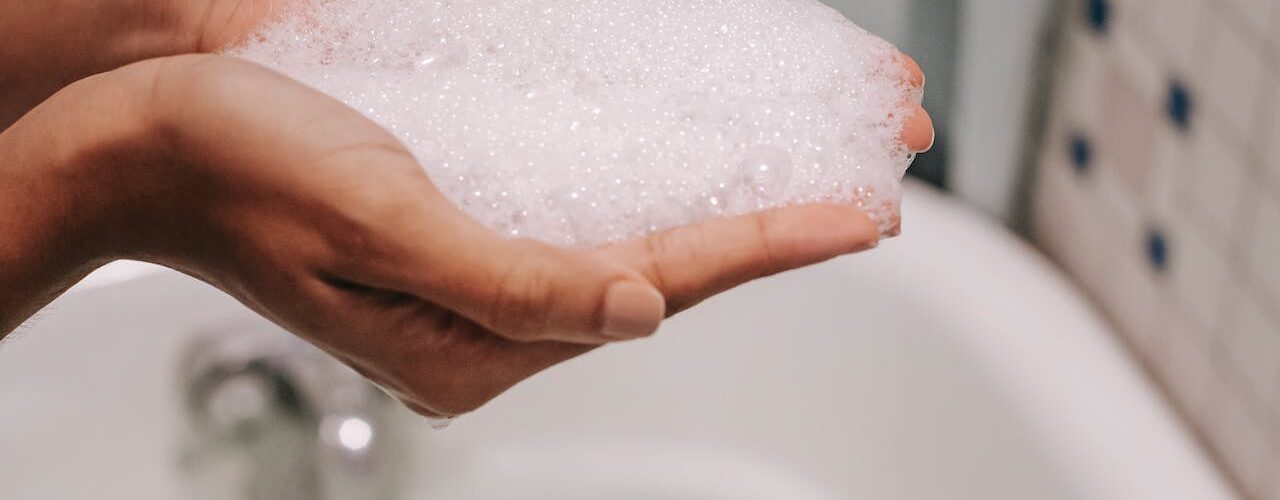As industrialization grew in England in the late 19th century, the country witnessed rapid urbanization as people moved from rural areas to big cities. The growth of cities led to crowded and often unsanitary living conditions in urban areas. Many people lived in cramped, poorly ventilated, and poorly constructed housing.
Sanitation infrastructure was often inadequate, especially in rapidly growing urban areas. Many cities lacked proper sewage systems, and waste disposal was a significant problem. Open sewers, overflowing cesspools, and inadequate waste management contributed to unsanitary conditions.
All these problems contributed to the spread of many diseases. Public health became a major concern as diseases such as cholera, typhoid, and tuberculosis impacted many citizens, especially those from working-class and impoverished populations.
In the 1880s, William Hesketh Lever and his brother James addressed this problem by launching a soap manufacturing business in Warrington, England. William and James saw an opportunity to create a successful company by addressing a basic need for cleanliness.
They designed and introduced a new product called “Sunlight Soap,” which gained immense popularity. This soap was revolutionary because it was adequate for cleaning and affordable for a broad consumer base.
Sunlight Soap business flourished as the emphasis on improving public health and living conditions became the priority. Lever Brothers’ success was also attributed to their innovative marketing strategies. They were pioneers in advertising and brand promotion, using various media to create a strong brand identity for their products.
Lever Brothers quickly diversified their product line and began producing other household items, such as cleaning agents and personal care products. This diversification allowed them to offer a broader range of products to consumers. Lever brothers obtained more business worldwide after success in the UK, and their products were rapidly emulated globally.
In 1929, Lever Brothers and Dutch-based company Margarine Unie merged to form Unilever. The merger was motivated by the desire to reduce competition between the two companies and to achieve economies of scale.
Over the years, Unilever has become one of the world’s largest and most diversified consumer goods conglomerates. It operates in numerous countries and has a vast product portfolio that caters to a wide range of consumer needs.
Unilever continued to diversify its product range, expanding into various categories of consumer goods such as food, beverages, cleaning agents, and personal care products. Some well-known brands under the Unilever umbrella include Knorr, Lipton, Closeup, and soap brands like Dove and Lifebuoy.
Wrapping Up
Sunlight Soap, which started as an answer to address sanitation and personal hygiene, played a crucial role in the early growth of Lever Brothers and contributed to the foundation of Unilever. The brand is now used in the dishwashing, laundry, and personal care ranges.
The brand has also been involved in various sustainability initiatives and social causes.
In 2018, Sunlight Dishwashing Liquid was the first product in its category to introduce a fully recycled and recyclable bottle. In 2021, Sunlight was the world’s first dishwashing liquid to include ingredients made from carbon captured from industrial emissions.
While the late 19th century was about managing sanitary and hygiene issues, in the current times, we need to find answers to environmental problems caused by industrialization. The 130-year-old company still needs to play its part in responding to this challenge.






Add comment